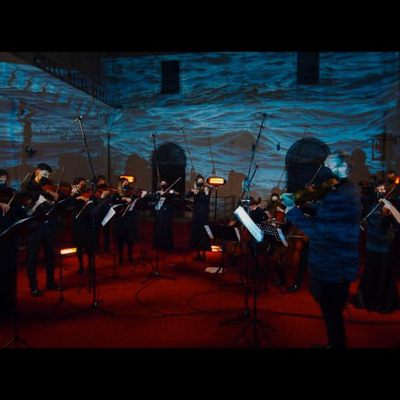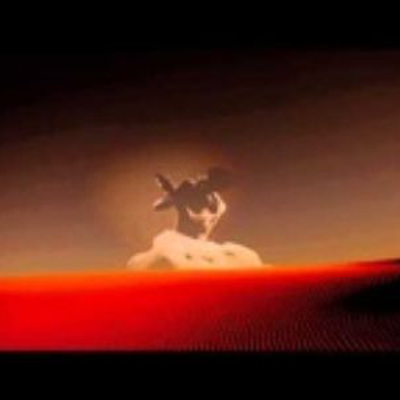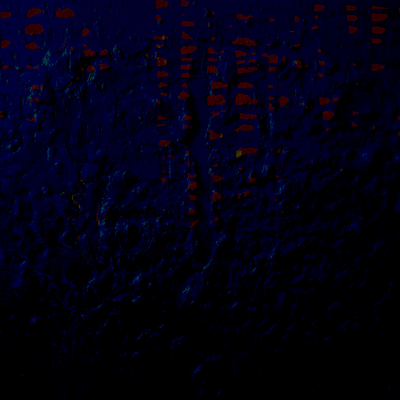Peter Machajdík is a composer of a wide range of chamber, orchestral, electronic and multimedia works. He often takes very simple materials and a simple mode of expression, and creates a vibrant and challenging sonic palette. His music, commonly characterised as emotive, hypnotic, imaginary and cinematic, has been performed to international audiences on five continents for over twenty five years and has been featured at festivals such as Inventionen in Berlin, New Work in Calgary, Early Music Festival in Boston, LakeComo Festival, Ostrava Days, Nuovi Spazi Musicali in Rome, Young Euro Classic in Berlin, Hörgänge at the Konzerthaus in Vienna, Bolzano Festival, Sagra Musicale Malatestiana in Rimini, Kauniainen Music Festival and Hauho Music Festival in Finland, Audio Art Festival in Cracow, Contrasts in Lviv, Melos-Ethos Festival, and the Bratislava Music Festival.
Machajdík’s prolific catalogue of chamber music includes Danube Afterpoint for piccolo, flute, clarinet, bass clarinet, two pianos and string quartet (Radio_Head Awards Festival), Nell'autunno del suo abbraccio insonne for harp (LakeComo Festival, for Floraleda Sacchi), On The Seven Colors of Light for organ (Carson Cooman), It's Not The Mist for two pianos (Cluster Ensemble), Empty Cage for harpsichord (Elina Mustonen), Senahh for flute and piano (Rebecca Jeffreys & Alexander Timofeev), solo piano literature, five string quartets as well as a number of other works for groups with whom he has developed close partnerships, including Quasars Ensemble, Duo Accosphere, Czechoslovak Chamber Duo, Mucha Quartet, Melos Ethos Festival and many others.
Wie der Wind in den Dünen for string orchestra, Behind the Waves for viola and string orchestra, Gegen.Stand for accordion and orchestra, and Namah for string orchestra and woodblock are marked by extreme emotional depth and colourful orchestration, and belong to Machajdík's most frequently programmed orchestral compositions.
Machajdík’s vocal music includes Błogosławieni for mezzo-soprano, violin and string orchestra (Izabela Kopeć and the Lublin Philharmonic), choral works Domine (AVE Chamber Choir), Kyrie (Volda Vocale) and Dotyki (Warsaw Choir), works for solo voice, including Haiku for soprano, clarinet and piano (Nao Higano, Martin Adámek, Zuzana Biščáková), Halleluya for soprano and viola, Vita Eterna for soprano, mixed choir, flute, violin and piano, and Ave verum for soprano and piano (or harp).
Machajdík has collaborated and worked with many leading orchestras and ensembles, including the Janáček Philharmonic Orchestra, Nordwestdeutsche Philharmonie, I.J.Paderewski State Philharmonic Orchestra, Berg Orchestra, Slovak Chamber Orchestra, Lublin Philharmonic, Slovak Radio Symphony Orchestra, Camerata Europea, Luhansk Symphony Orchestra, Cluster Ensemble, Ensemble Metamorphosis, Virtuosi Lviv Chamber Orchestra, Prague Modern, Arte Quartett, and soloists such as harpists Floraleda Sacchi, Kristan Toczko, Klára Bábel and Megan Morris, clarinetists Martin Adámek and Guido Arbonelli, organists Carson Cooman, Per Ahlman and Olena Matselyukh, violist Sasha Mirković, cellists John Alex Heley, Piero Salvatori, Darry Dolezal and Jozef Lupták, harpsichordists Elina Mustonen, Sonia Lee and Asako Hirabayashi, pianists Jordana Palovičová, Daniel Garel, Mayuko Kida, flautists Rebecca Jeffreys and Alex Griffiths, accordionists Boris Lenko, Peter Katina and Gertie Bruin, double bassist Dritan Gani, and oboist Piet Van Bockstal to name just a few. Conductors who have performed his work include Benjamin Bayl, Paweł Przytocki, Anu Tali, Florian Ludwig, Maria Makraki, Ondrej Olos, Przemysław Zych, Peter Breiner, Peter Vrábel, Marián Lejava, Petr Kofroň, Ondřej Kukal and Hakan Sensoy. Machajdík has also composed scores for feature films and documentaries, contemporary dance, theatre and radio plays. He has also created a number of graphic scores that have been exhibited and performed worldwide.
Once one of the central figures in the avant-garde and contemporary music scene in former Czechoslovakia for over 30 years, Machajdík has been awarded a 1988 Luigi Russolo Composition Prize, a 2011 International Visegrad Fund individual artist grant, and the Ján Levoslav Bella Composition Prize for his string quartets. He was the fellow of the DAAD Artists-in-Berlin Program in 1992, and was the recipient of the 2016 and 2018 Slovak Arts Council Fellowships. He has also been active in the filed of visual arts.
Peter MACHAJDIK
Composer
Main interests
Composition for Ensemble, Music for Film, Other
Member since
March 23, 2020



